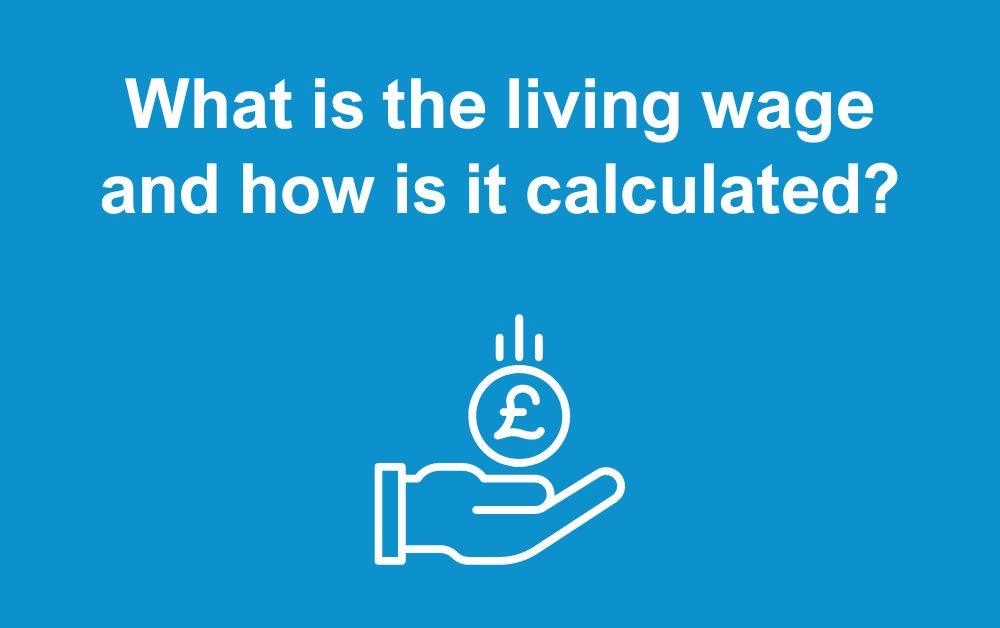We get asked HR related questions every day and each week we will be sharing our top question of the week that we have been asked here at The HR Booth.
In this week’s question of the week, Alistair discusses the National Living Wage.
Question
We have just increased our employees’ wages to reflect the new minimum wage, however, we have since found out that the living wage is due to come into effect next year.
What is the living wage and how is it calculated?
Answer
The living wage is the hourly rate of pay calculated independently to be the minimum that a worker needs to earn to cover the basic costs of living. An employer may choose to pay it, but has no statutory obligation to do so at the moment.
Employers can apply to the Living Wage Foundation for accreditation if all their directly employed and contracted staff are paid the living wage.
The London living wage is calculated by the Greater London Authority’s Living Wage Unit and announced by the Mayor of London. The living wage rate for the rest of the UK is set by the Centre for Research in Social Policy at Loughborough University, based on a calculation known as the Minimum Income Standard for the UK. Both the national and London rates of the living wage are updated annually at the beginning of November each year. The current living wage is £7.85 and for London it’s £9.15.
In the Summer Budget on 8 July 2015, the Government announced that a new compulsory national living wage will be introduced in April 2016. It is this wage you are referring to and it means the new wage will be paid to workers aged 25 and above. Initially, it will be set at £7.20 an hour, with a target of it reaching more than £9 an hour by 2020. Part-time and full-time workers also qualify for this.
This means that in April 2016, you will need to pay employees a minimum of £7.20 per hour if they are 25 and over. The current national minimum wage that you already comply with will continue for workers under 25 but some employers are choosing to pay this to all employees.







